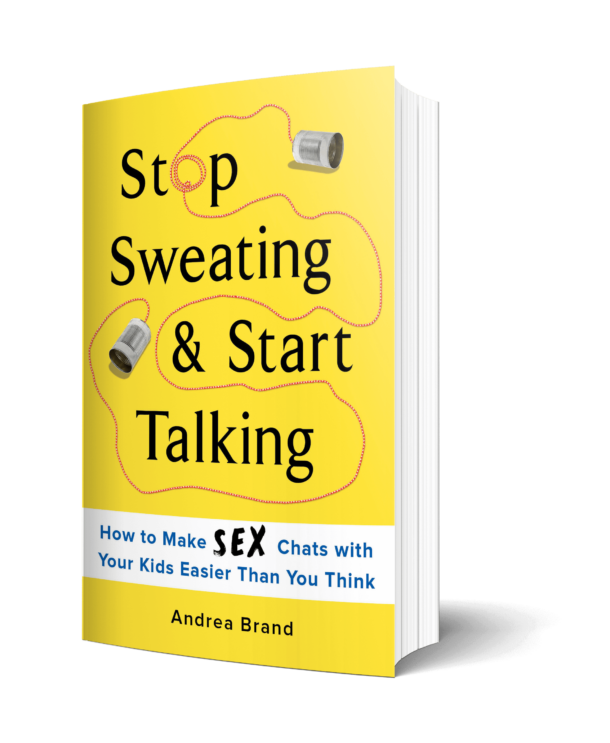Progress Not Perfection
How often have I stared at the blank page, frozen, without a clue about how to begin? I have had these face-offs with my computer monitor countless times when tasked with a research report, business proposal, book chapter, or blog post. Interestingly, the majority of these catatonic moments occurred around topics I knew well and was excited to produce. Go figure.
What is this roadblock really about? What I have observed is that my desire to sound knowledgeable, authentic, and eloquent sometimes ignites my inner critic that tells me I am none of the above. Rationally, I know this to be false and thankfully, coaching has helped me squash the negative voice in order to make room for the loud supportive one bursting with motivation.
I remain surprised when the words still do not pour out of me after my internal pep talk. I am mindful that the feelings accompanying my snail’s pace are largely attributed to an unrealistic wish that the words flow in thoughtful, melodic prose at first pass. I refer to this as the perfectionist hurdle and she is not my friend.
When she shows up, it is time for me to implement the same strategy I often use to support clients when they are feeling stuck. The “I don’t know where to start” that often follows a client’s declaration that they seek a change in one or more aspects of their life.
The strategy, whether applied to my own hurdle or in support of a client’s, is to take the task at hand and break it down into several small bites. Shifting the focus from the final product to a series of doable steps is an incredibly useful tool. Empowering.
This strategy can be applied to a variety of life scenarios where a change is desired – – career, relationship, fitness, etc. To illustrate this, take Cici (not her real name), a client who was expecting out of town guests for a weekend later that month and she wanted to de-clutter her spare bedroom, which had become the dumping ground for household goods she did not regularly use. Items such as suitcases, giftwrap, animal carriers, old textbooks, etc. covered the guest bed and much of the floor, making the room inaccessible for an overnight visitor. Tackling the accumulated stuff felt understandably overwhelming to Cici and she kept putting it off believing her goal (having a useable guestroom) was out of reach.
Using the method of breaking down the task into smaller pieces, Cici devised a plan to undertake one corner of the room before our next coaching session in one week. She set out to clean a 4-foot by 4-foot area – a space she felt was reasonable to progress towards her ultimate goal. Days before our scheduled coaching session, I received a text from Cici stating she not only completed the designated corner, but she finished cleaning half of the room. Once she rolled up her sleeves to confront what overwhelmed her in a manageable dose, she was motivated to keep going. She indicated she would have done more but was limited by her schedule. She could not wait to get back and finish what she started.
The beauty of this strategy is that it is widely applicable to matters big and small. And the transformational impact is limitless. Seeking change and having goals are part of our personal growth process. Should perfectionist tendencies and overwhelm appear along the way, overcoming them to progress towards your goal is at your fingertips.

